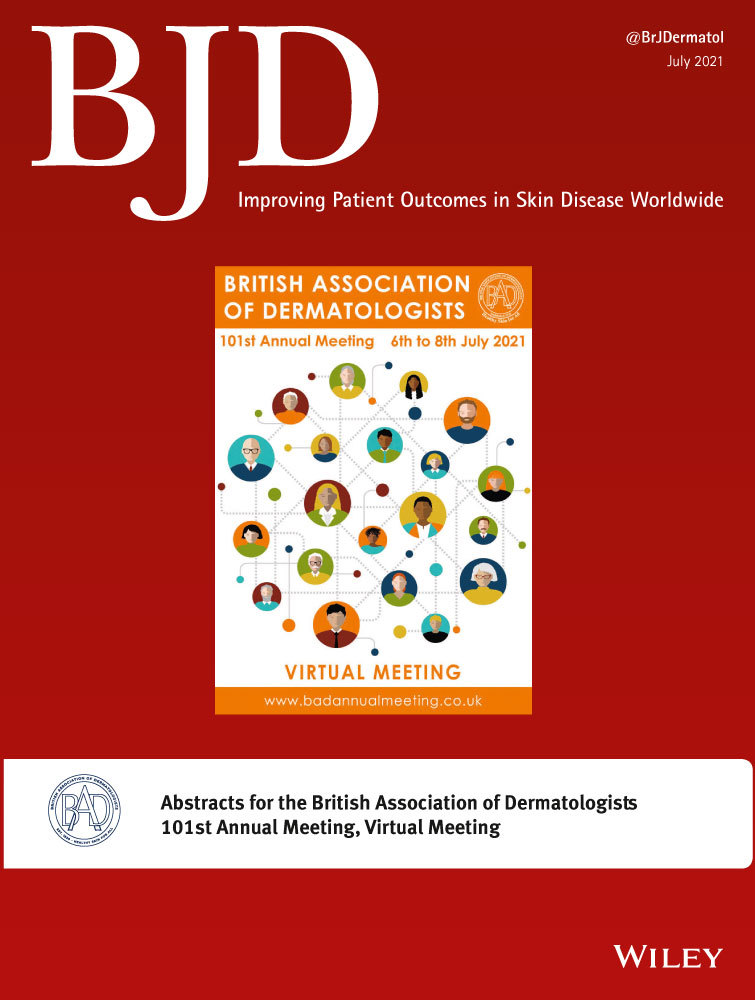PA07: Scratching the surface: a review of online misinformation and conspiracy theories in paediatric atopic dermatitis
C. O’Connor1,2 and M. Murphy1,2
1South Infirmary Victoria University Hospital and 2University College Cork, Cork, Ireland
Misinformation is one of the greatest threats to global health. Atopic dermatitis (AD) is a common skin disorder with a complex multifactorial aetiology, rendering it susceptible to misinformation. Little is known about the content of misinformation regarding AD online. The aim of this study was to identify the type of misinformation and disinformation related to AD available to parents of children with AD online. Given the nature of the content under investigation, a Google search was performed for nonscientific websites, in addition to a standard search of PubMed, using combinations of the terms ‘atopic dermatitis’, ‘atopic eczema’, ‘eczema’, ‘misinformation’, ‘disinformation’ and ‘conspiracy theories’. Thematic analysis of search results identified key areas of misinformation, including ‘simple cures’ for AD, diet, chemicals, dust, vaccines, red skin syndrome and alternative therapeutic regimens. Simple cures for AD included avoidance of foods, chemicals, dust, vaccinations emollients and topical steroids. Incorrectly recommended dietary exclusion included dairy, eggs, nuts, meat, fish and gluten-containing foods. Allegedly causative chemicals or physical agents included formaldehyde and detergents, dust and 5G wireless technology. Vaccines were frequently and incorrectly cited as a cause of AD. Topical treatments, such as emollients and topical corticosteroids for AD, were falsely reported as inducing AD. Ineffective alternative treatments were also recommended to treat AD. Parents and families of children with AD are vulnerable to misinformation given the severe impact of AD on quality of life and a desire for effective treatment. Some of these theories can be dangerous, especially relating to severe dietary restriction, or to potentially deadly treatments. Dermatologists must be aware of the false content being shared online related to AD, and be prepared to refute and rebut misinformation by providing appropriate evidence.




